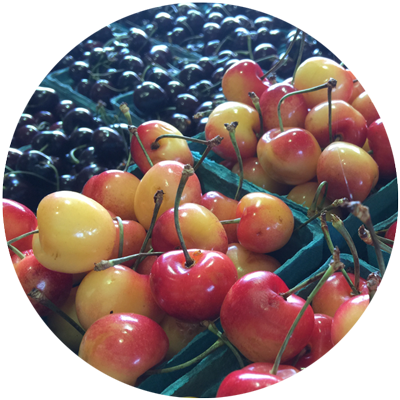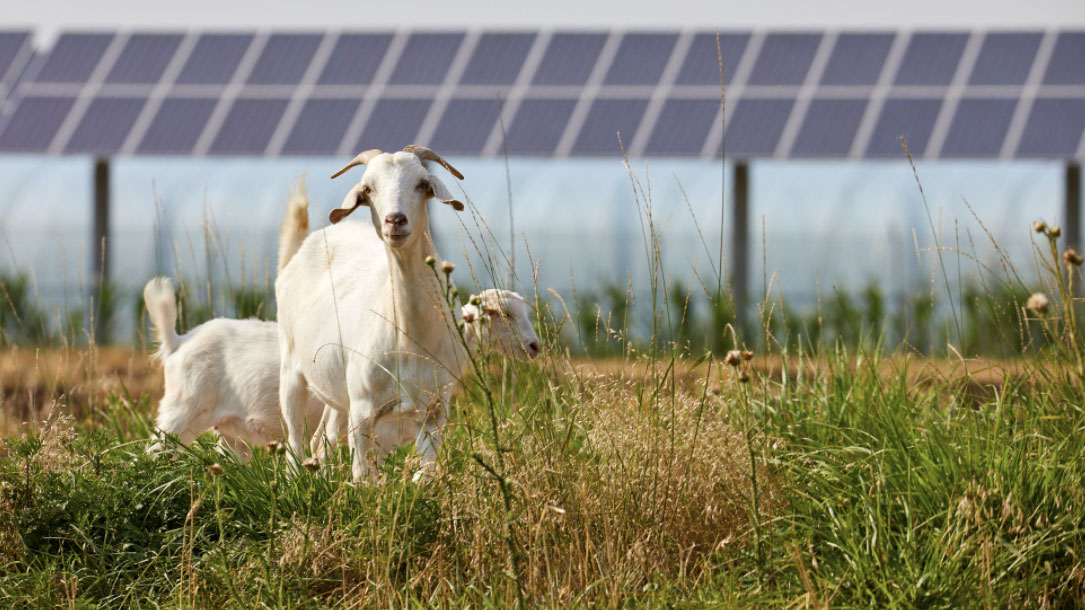
The Nature Conservancy tool helps identify ideal solar farm sites in Georgia
They compared that information to maps of critical habitat, protected lands, and prime farmland. And they put their results into a free online tool.
It allows developers, natural resource agencies, and others to identify low-impact locations for new solar farms. And Gutierrez says the tool finds plenty of them…
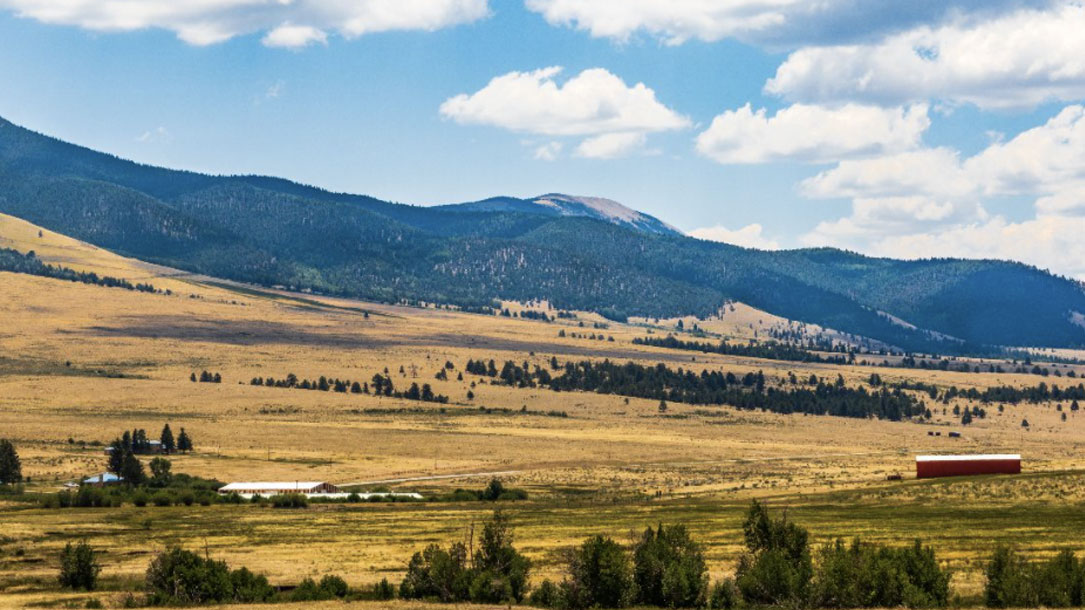
Working Lands Resiliency Initiative
Combined with increasing climate vulnerability, our valley is experiencing dramatic agricultural land loss. This threatens Taos’ agricultural heritage, disrupts a 400+ year-old acequia system, and challenges efforts towards ecological and community resilience.
The Working Lands Resiliency Initiative combines community organizing with research and advocacy to begin venturing solutions and support to protect Taos’ agricultural heritage and landscapes…
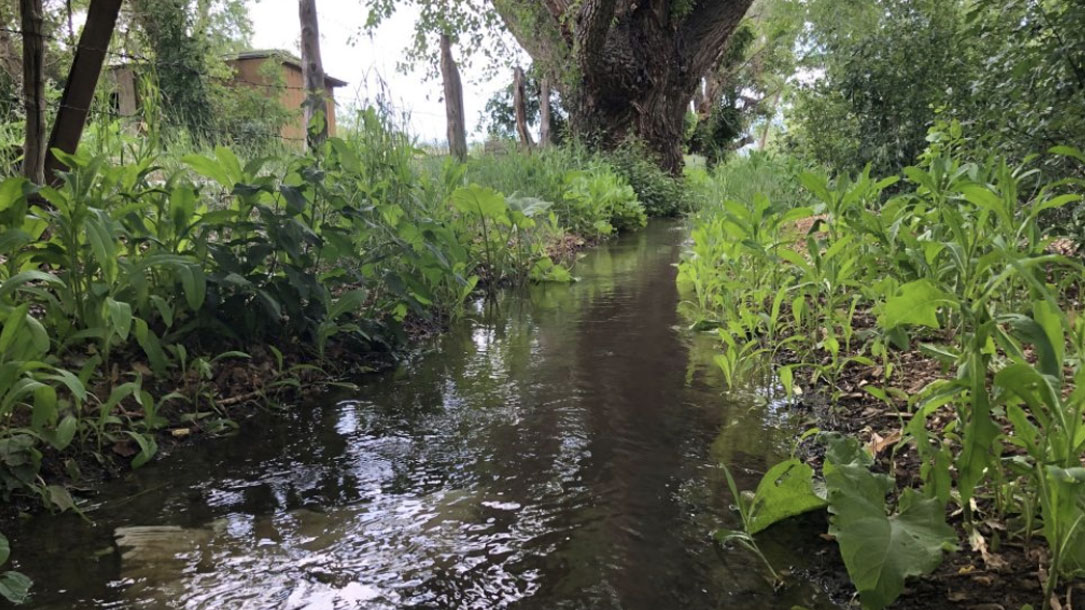
SoundCloud: Taos, acequias, water, and the Abeyta Settlement with Judy Torres – hosted by Jim O’Donnell
In this 45-minute interview, Taos Land Trust’s Jim O’Donnell talks with Judy Torres of the Taos Valley Acequia Association (TVAA) about irrigation in northern New Mexico, the Abeyta Settlement, the history of acequias, water in the valley and where we are headed.
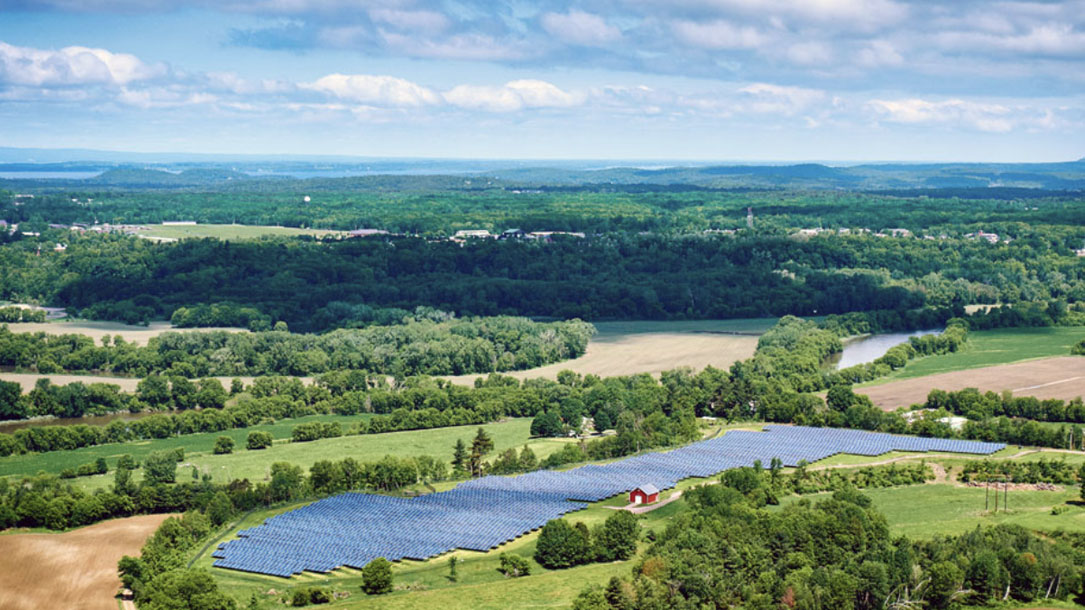
Whitcomb Farm Solar
In conjunction with an easement from the Vermont Land Trust, the solar array will provide lease revenue to the farmers that will assist in keeping the farm in active agricultural use for generations to come.
Meg Armstrong, the owner of Witcomb Farm notes “We were thrilled with the outcome of our work with Encore on the siting of a solar array on our active dairy farm in Essex Junction, Vermont. Encore’s work resulted in an annual lease payment that provides us with the opportunity to improve our farmstead while preserving topsoil integrity. Farming has always involved land, sunlight, and water to produce value; we are pleased to be able to diversify our farming operations to include renewable electricity generation in addition to forage crops and dairy…”
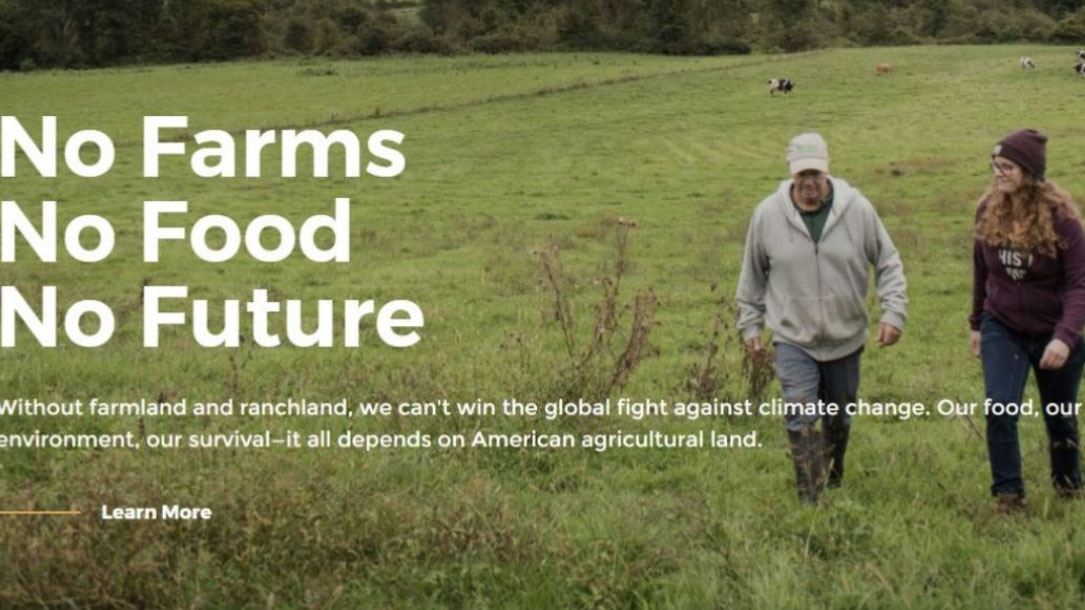
Farmers combat climate change
American Farmland Trust is committed to making U.S. agriculture climate neutral. To do so, we are elevating the role of farmers and farmland in adapting to and mitigating the effects of climate change. From policy leadership, coalition building, and training, to research and on-the-ground demonstration projects, we are working to scale up the adoption of regenerative and soil health-promoting agricultural systems…
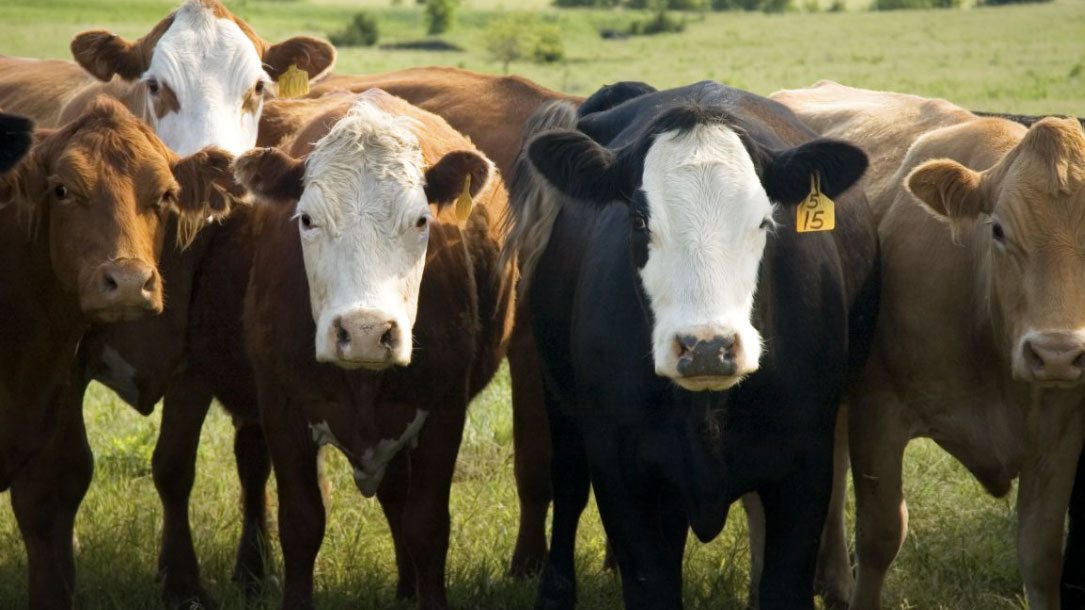
Farming to mitigate the effects of climate change
At Bailey and Sarah Williamson Preserve, farmers will be using regenerative methods to help mitigate and reverse the effects of climate change. Industrial-conventional agriculture models have focused on single-crop operations that have exceeded the natural carrying capacity of the land, ruining soil, water, habitat, and air quality. Regenerative methods seek to reverse some of this damage by rebuilding degraded soils, increasing biodiversity, and creating healthy, fair, and just food systems…
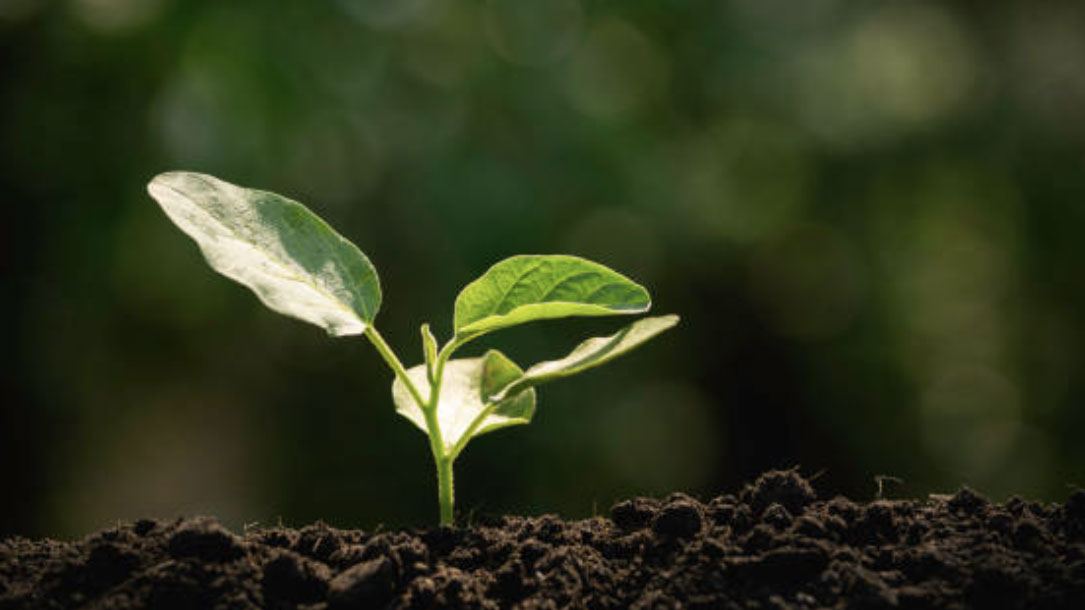
Climate change affects soil health
For too long, we’ve been saying that solar should avoid farmland, based upon soil type (meaning, avoiding lands of “prime” or “statewide” importance, etc.). Yet given that we know that climate change is stressing soils, and making farming and ranching more difficult, the question could better be framed: “How can solar (and wind) help farm and ranch viability, water retention, and soil health?”

Agrivoltaics. An economic lifeline for American farmers?
As natural systems become more stressed by climate change and the resulting disasters and impacts, natural climate solutions become more vulnerable.
Nature needs renewables — and our collective work to reduce energy consumption — to flourish.
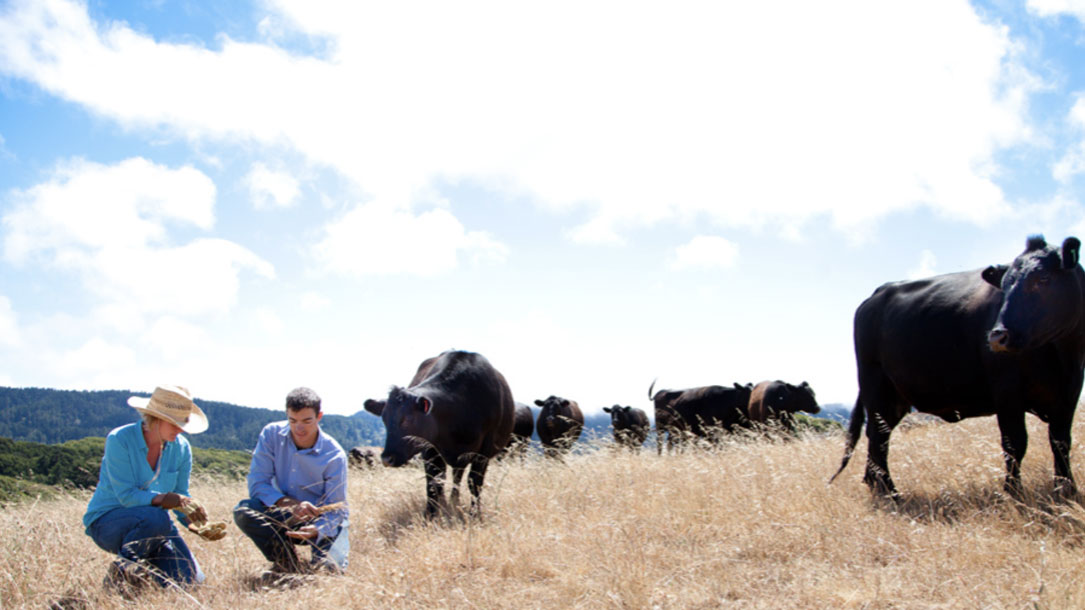
Running on renewable energy
Talking about how, and why, your land trust has transitioned to renewable energy, is important. Modeling this shift is a leadership move that will inspire others to do the same. Posting it on the land trust’s website, or the energy provider’s website, so folks can find out more about it, is smart:
“MALT helps preserve the rich agricultural heritage of Marin County by protecting its clean water, clear air, and open space. Climate change threatens Marin’s farming way of life. We operate on 100% renewable energy from MCE because reducing fossil fuel pollution will help our cause in the long run. MALT is proud to join a community of businesses and organizations in Marin who choose to reduce our carbon impact through MCE’s Deep Green Energy Program.”
MALT is also raising the profile about the importance of “Carbon Farming“— demonstrating how they are walking the walk to make a difference in a variety of ways. Check out that information HERE.
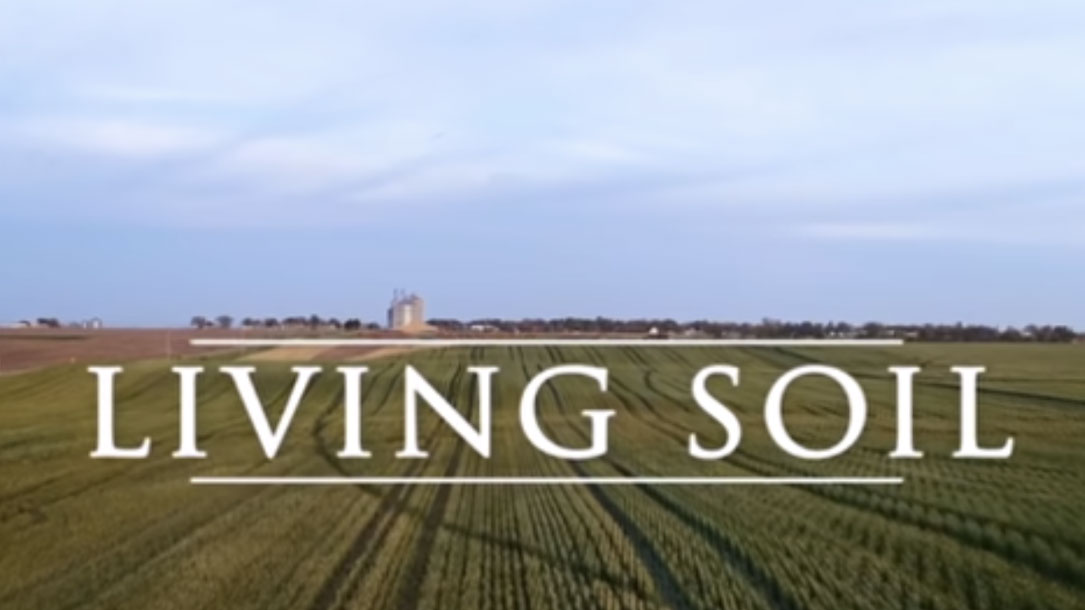
Finding the right messengers
This new documentary about regenerative agriculture highlights farmers and ranchers who are seeing the economic benefits of farming with soil in mind, and the climate benefits of doing so, as well.
ASA shared this on their Facebook page and linked it to their work
“Living Soil tells the story of farmers, scientists, and policymakers working to incorporate regenerative agricultural practices to benefit soil health for years to come. ASA has been offering soil health workshops for several years now…”
You can find the post here (just scroll down to August 31).



